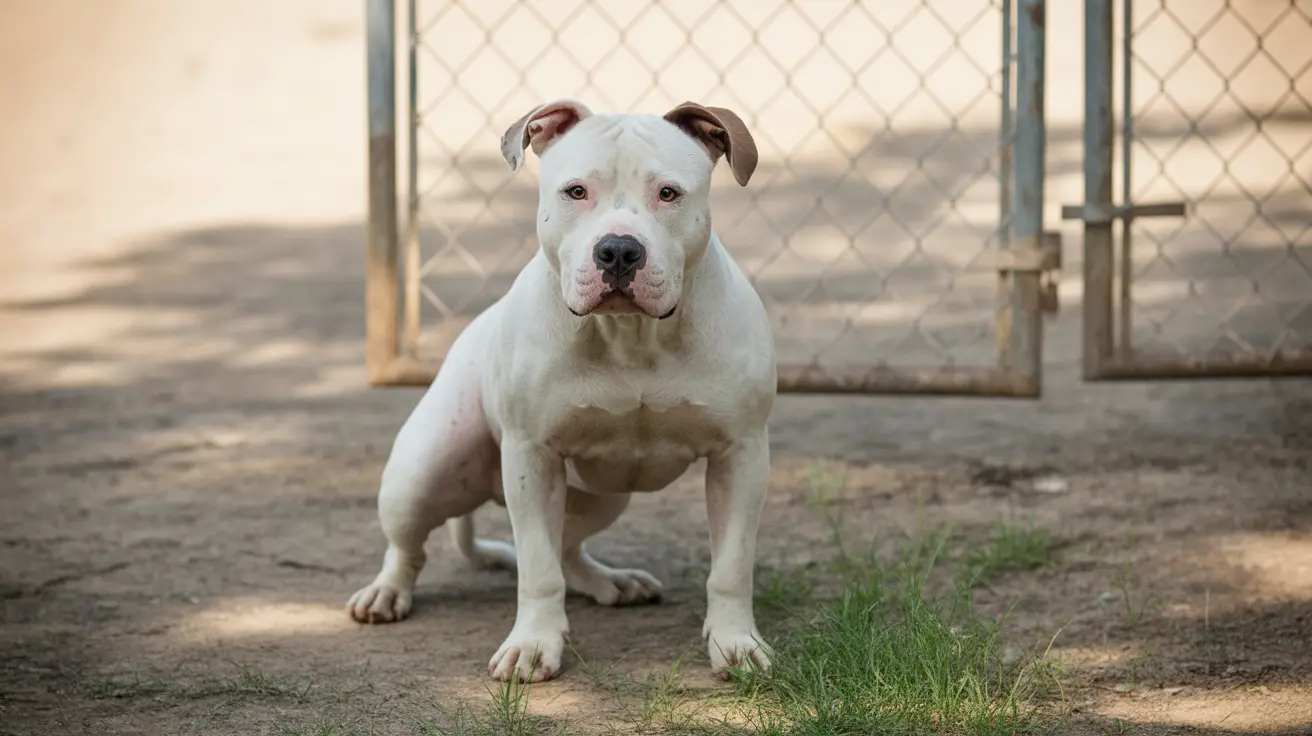Dog Breeds to Avoid Due to Serious Health Concerns
Choosing the right dog breed is a significant decision that impacts both the owner and the animal’s quality of life. While most breeds bring joy, activity, and companionship, some have been so selectively bred for appearance or behavior that they now suffer from a host of medical issues. In this article, we explore dog breeds that potential pet owners might want to avoid due to serious and often chronic health problems.
Breeds with Severe Breathing Difficulties
Brachycephalic breeds (dogs with flat faces) are some of the most problematic in terms of health due to structural deformities in their skulls.
- English Bulldogs: Suffer from brachycephalic obstructive airway syndrome, overheating, and joint issues such as hip dysplasia. Most can’t reproduce naturally.
- French Bulldogs: Also plagued by breathing difficulties, skin fold infections, allergies, and eye injuries. Vigilance in hot weather is a must.
- Pugs: Commonly experience noisy breathing, snoring, eye conditions, and are prone to neurological diseases like Pug dog encephalitis.
Large Breeds with Short Lifespans
Large dogs often have brief lifespans tied to rapid growth and body stress.
- Great Danes: Prone to bloat, bone cancer, hip dysplasia, and heart conditions. Life expectancy is around 8–10 years.
- Bernese Mountain Dogs: Affected by multiple cancers and joint issues, with lifespans as short as 7 years.
- Mastiffs: Experience bloat, joint disorders, and increased cancer risk due to their giant size.
Breeds at Risk for Joint and Neurological Disorders
Joint health and mobility issues are major concerns in many common breeds.
- German Shepherds: Frequently suffer from hip and elbow dysplasia, degenerative myelopathy, and heart disease.
- Rottweilers: Known for joint injuries and a high rate of bone cancer and heart conditions.
- Dachshunds: Their long backs make them highly susceptible to intervertebral disc disease, leading to potential paralysis.
Breeds Prone to Heart Conditions and Genetic Diseases
Heart issues can significantly shorten a dog's lifespan and quality of life.
- Cavalier King Charles Spaniels: Almost all develop mitral valve disease by age 7 and are susceptible to other genetic disorders.
- Doberman Pinschers: Often suffer from dilated cardiomyopathy and bleeding disorders like von Willebrand’s disease.
- Boxers: High incidence of cancers, heart disease, and seizures demand intensive care and frequent vet visits.
Smaller Breeds with Specific Health Challenges
Even small dogs face issues ranging from dental to endocrine disorders.
- Yorkshire Terriers: Prone to kidney disease, dental decay, and airway collapse.
- Miniature Schnauzers: Often suffer from pancreatitis, diabetes, and bladder stones.
- Bichon Frises: At risk for pancreatitis, skin infections, and luxating patellas.
Advice for Potential Dog Owners
Before choosing a breed, consider the following:
- Research breed-specific health risks and consult with vets or breed clubs.
- Seek responsible breeders who perform genetic testing and health screenings.
- Consider adopting a mixed-breed dog which may have fewer inherited health issues.
- Maintain proactive care like weight management, hygiene routines, and regular veterinary check-ups.
Selecting a dog breed based solely on appearance or status can lead to unintended consequences. While no breed is inherently “bad,” some come with significant health baggage that can impact both your finances and the well-being of the pet. Making an informed, compassionate choice ensures a longer and healthier life for you and your future companion.





